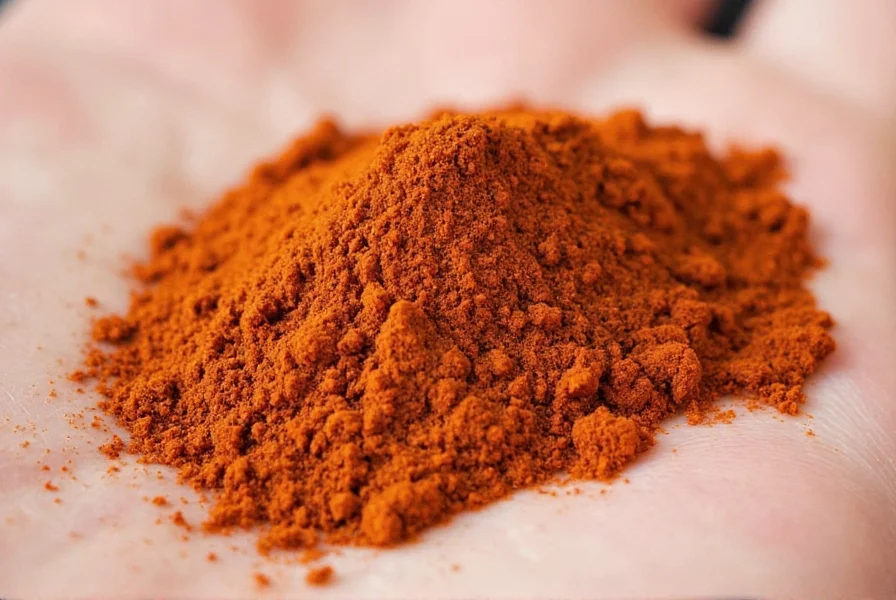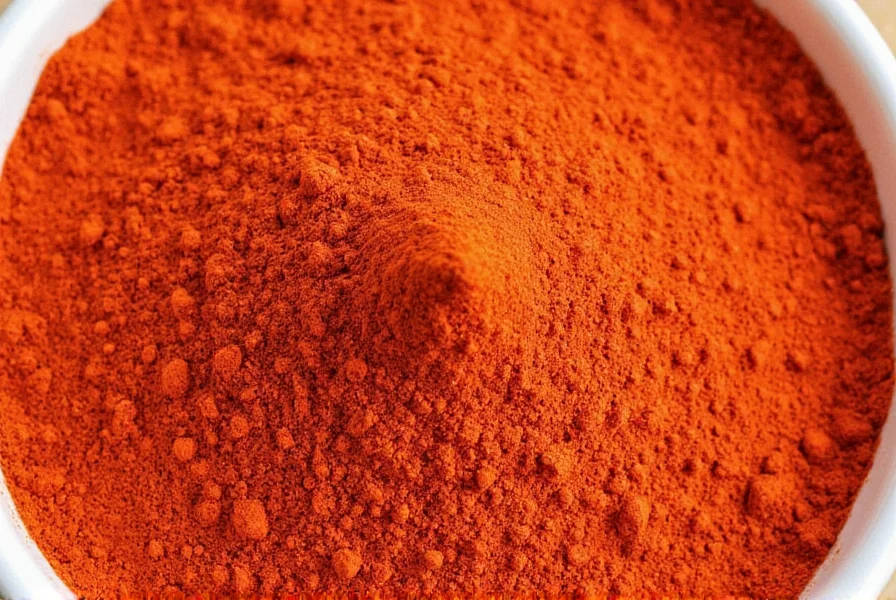New Mexico Chile Powder: The Spicy Secret Behind Southwestern Flavor
If you’ve ever bitten into a New Mexican enchilada and wondered what magical ingredient gives it that smoky-sweet, mildly spicy kick, look no further than New Mexico chile powder. It’s not just a spice — it’s the soul of Southwestern cuisine. In this deep dive, we’ll uncover everything you need to know about this beloved pantry staple, from its flavor profile to the best ways to use it in your kitchen.
Table of Contents
- What is New Mexico Chile Powder?
- Flavor Profile & Heat Level
- 5 Creative Ways to Use New Mexico Chile Powder
- How Does It Compare to Other Chili Powders?
- Buying Guide: How to Choose the Best New Mexico Chile Powder
- Storing Tips for Maximum Freshness
- Final Thoughts
What is New Mexico Chile Powder?
New Mexico chile powder is made by grinding dried New Mexico chiles — specifically, the long, red pods grown in the sunny fields of New Mexico. These chiles are known for their vibrant color, rich aroma, and unique flavor that sits somewhere between sweet and spicy.
Unlike generic “chili powder” you might find on grocery store shelves (which often contains a blend of spices like cumin, oregano, and garlic), authentic New Mexico chile powder is usually made from only one ingredient: dried and ground red New Mexico chiles. This purity allows the true character of the chile to shine through in every bite.
Flavor Profile & Heat Level
New Mexico chile powder offers a beautifully balanced flavor profile:
- Heat Level: Mild to medium (about 1,000–1,500 SHU)
- Taste: Earthy, slightly fruity, with hints of tobacco and raisin
- Mouthfeel: Smooth but slightly gritty, similar to paprika or ancho powder
It’s not nearly as fiery as cayenne or ghost pepper powder, but don’t let the mild heat fool you — this stuff packs a ton of flavor without blowing your head off. That’s why it’s such a favorite in stews, sauces, and slow-cooked meats where depth of flavor matters more than pure heat.
| Chile Powder | Heat (SHU) | Flavor Notes | Best For |
|---|---|---|---|
| New Mexico | 1,000–1,500 | Earthy, smoky, slightly sweet | Enchiladas, stews, adobo sauces |
| Ancho | 1,000–2,000 | Sweet, fruity, chocolaty | Mole sauces, marinades |
| Cayenne | 30,000–50,000 | Sharp, pungent, fiery | Hot sauces, Cajun dishes |
| Paprika | 0–500 | Smoky, sweet, vegetal | Garnish, Hungarian dishes |

5 Creative Ways to Use New Mexico Chile Powder
Whether you're a home cook or a seasoned chef, here are five delicious ways to make the most of New Mexico chile powder:
- Southwest-Style Enchilada Sauce – Whisk together chile powder, garlic powder, onion powder, cumin, and broth for a quick, rich sauce perfect for enchiladas or tamales.
- Dry Rub for Ribs or Chicken – Combine with smoked paprika, brown sugar, salt, and black pepper for a savory-sweet rub that adds layers of flavor.
- Spiced Chocolate Bark – Yes, really! Sprinkle a tiny pinch over dark chocolate bark with sea salt for a complex, grown-up treat.
- Roasted Veggie Toss – Add to olive oil before roasting squash, carrots, or cauliflower for a warm, earthy finish.
- Homemade Hot Chocolate – A whisper of chile powder transforms classic hot cocoa into a Mexican-style delight with subtle heat and richness.

How Does It Compare to Other Chili Powders?
Let’s break down how New Mexico chile powder stacks up against other common chili powders used in kitchens today.
| Feature | New Mexico | Ancho | Cayenne | Paprika |
|---|---|---|---|---|
| Primary Origin | New Mexico, USA | Mexico | Global | Hungary |
| Heat Level | Mild-Medium | Mild-Medium | Very Hot | Mild or None |
| Common Uses | Enchiladas, stews, sauces | Mole, sauces, soups | Hot sauces, marinades | Garnish, stews, paprikash |
| Flavor | Earthy, smoky, slightly sweet | Sweet, fruity, chocolate-like | Bold, sharp, intense | Mild, sweet, smoky |
Buying Guide: How to Choose the Best New Mexico Chile Powder
Not all New Mexico chile powders are created equal. Here's what to look for when shopping:
- Origin Matters: Check the label — true New Mexico chile powder should be made from chiles grown in New Mexico (particularly from Hatch, which is famous for its superior flavor).
- Ingredients List: Avoid blends labeled simply as “chili powder.” Opt for products that list only “New Mexico chile powder” or “ground red chiles” as the sole ingredient.
- Color: The powder should be a deep, rich red. If it looks faded or dull, it may be old and lacking in flavor.
- Packaging: Look for options sold in resealable bags or dark glass jars to protect from light and moisture.
Top 3 Recommended Brands
| Brand | Features | Advantages | Use Cases | Who Should Buy |
|---|---|---|---|---|
| Hatch Green Chile Co. | Made from 100% Hatch-grown chiles | Fresh, robust flavor; small-batch quality | Enchiladas, sauces, stews | Home cooks and spice enthusiasts |
| La Morena | Smooth texture, bold red color | Affordable and widely available | Everyday cooking and Tex-Mex recipes | Casual cooks and budget shoppers |
| Mrs. Dash Southwest Blend | Mix of New Mexico chile and herbs | No added salt; easy seasoning | Quick seasoning for tacos, grilled meats | Health-conscious cooks |
Storing Tips for Maximum Freshness
Like all spices, New Mexico chile powder can lose potency over time. To keep it tasting its best:
- Store in a cool, dark place like a cabinet away from the stove or sunlight.
- Keep it sealed tightly after each use to prevent oxidation and moisture exposure.
- Label with the purchase date so you remember when it was opened.
- Replace every 6–12 months for optimal flavor.
Final Thoughts
New Mexico chile powder isn’t just another spice — it’s a gateway to bold Southwestern flavors without overwhelming heat. Whether you’re making a traditional red chile sauce or experimenting with fusion dishes, this humble powder brings complexity and warmth to any plate.
Now that you’ve got the lowdown on this versatile spice, it’s time to get cooking. Grab a jar, fire up your skillet, and let those deep red hues and earthy aromas transform your meals!
Stay spicy, friends.










 浙公网安备
33010002000092号
浙公网安备
33010002000092号 浙B2-20120091-4
浙B2-20120091-4